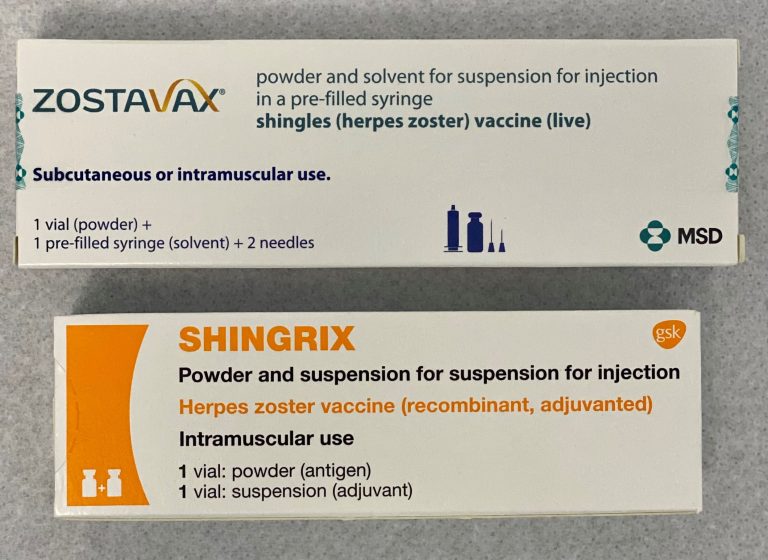GSK plc (GSK), a stalwart in the healthcare industry, remains a focal point for investors seeking stability and income in a volatile market. With a market capitalization of $88.65 billion, this UK-based pharmaceutical giant continues to make significant strides in the development of vaccines and specialty medicines. However, a close examination of its financial metrics and market performance reveals a complex picture for potential investors.
GSK’s current stock price stands at $43.35, just shy of its 52-week high of $45.51. Despite a slight recent dip of 0.34% in price, the stock exhibits resilience, outperforming its 50-day and 200-day moving averages, which are $39.73 and $37.85, respectively. This indicates a positive momentum in the short to mid-term, although the Relative Strength Index (RSI) of 41.65 suggests the stock is neither overbought nor oversold.
One of the most attractive features for income-focused investors is GSK’s robust dividend yield of 3.77%, supported by a payout ratio of 75.07%. This is particularly appealing in the healthcare sector, where consistent cash flows are critical. The company’s ability to generate substantial free cash flow, amounting to approximately $5.48 billion, underpins its capacity to maintain and potentially grow its dividend.
However, the valuation metrics present a more nuanced challenge. The forward P/E ratio of 9.36 suggests GSK is trading at an attractive valuation relative to expected earnings, yet the absence of a trailing P/E ratio and PEG ratio highlights some opacity in current earnings performance. This is compounded by the lack of clarity around other valuation metrics such as Price/Book and Price/Sales, which are not available.
The company’s revenue growth of 1.30% reflects modest expansion, emphasizing the need for GSK to leverage its R&D capabilities and extensive portfolio in vaccines and specialty medicines to drive future growth. Notably, GSK’s return on equity is a high 28.33%, indicating efficient use of shareholder funds to generate profits.
Analyst sentiment towards GSK is mixed, with a single buy rating overshadowed by five hold ratings and two sell ratings. The average target price of $42.40 suggests a potential downside of 2.19%, reflecting cautious optimism about the company’s ability to meet or exceed market expectations. The broad target price range, from $35.50 to $58.00, further underscores the uncertainty in the stock’s future trajectory.
GSK’s collaboration with CureVac for developing mRNA vaccines and its comprehensive portfolio addressing conditions like HIV, respiratory diseases, and various cancers position it well within the competitive landscape. However, the company must navigate the challenges of regulatory scrutiny, competitive pressures, and the ongoing need for innovation.
For investors, the allure of GSK lies in its dividend yield and the strategic initiatives that could unlock value. Yet, a careful consideration of the broader market context and the inherent risks is essential when evaluating this healthcare titan.









































